Our council
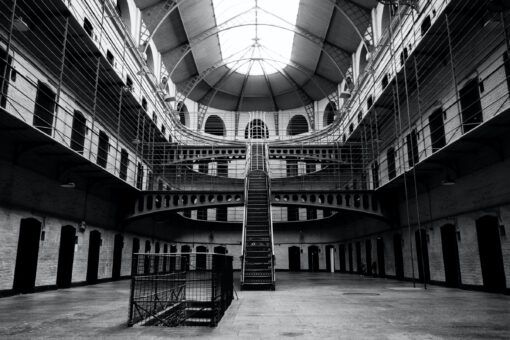
The Council is the supreme body of the IPPF and is responsible for its administration. The Council is composed of five members, being a President, a Secretary-General, two Vice-Presidents and a Treasurer.
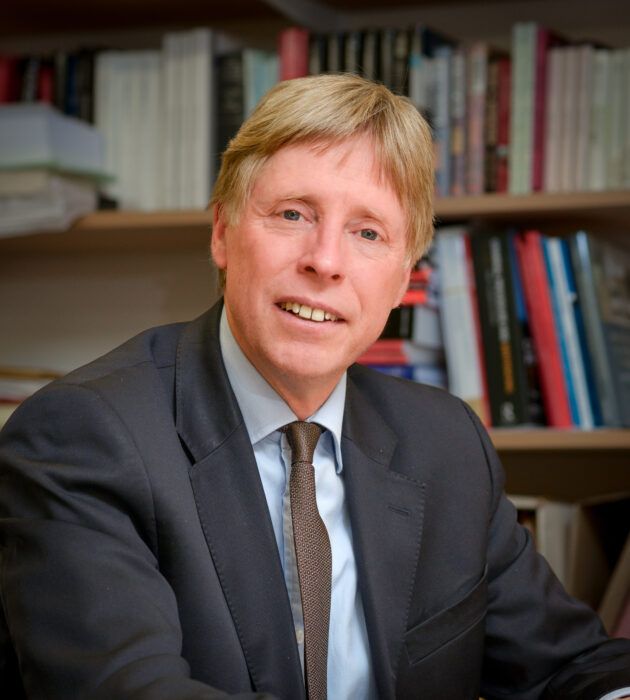
President
Professor Stephen Shute was appointed the 11th President of the IPPF in 2023. He is the first UK President of the organisation and the first person from the UK to serve on the IPPF Council.
He has been a full professor of criminal law and criminal justice in the UK for over 25 years. He is currently based at the University of Sussex, where he served as Pro-Vice-Chancellor from 2014 to 2021. Prior to that, he worked at the University of Birmingham (as Dean of Arts and Social Sciences and Deputy Pro-Vice-Chancellor), and at the University of Oxford (as a Fellow of Corpus Christi College).
He has published extensively, and his work has been cited by policymakers, law reformers, and scholars around the world. He has also held a number of significant external roles, including as Inaugural Chair of the Crime Statistics Advisory Committee; Founding Member of the Independent Advisory Panel on Deaths in Custody; and Founding Member of the Ministerial Advisory Board on Joint Inspection in the Criminal Justice System.
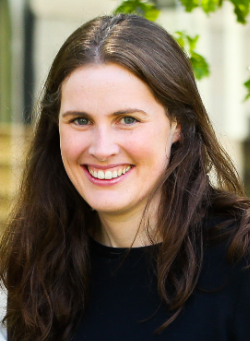
Secretary General
Mary Rogan is a Professor in Law and Fellow at the School of Law, Trinity College, Dublin, Ireland. She is the Principal Investigator of two projects funded by the European Research Council examining prison oversight. Her latest book is a collection on pre-trial detention in Europe, published by Routledge.
Mary previously practised as barrister in Dublin, Ireland and is a member of Lincoln’s Inn, London, UK. She is a former Chairperson of the Irish Penal Reform Trust.
Mary was the first woman to serve as President of the IPPF and is currently its Secretary General.
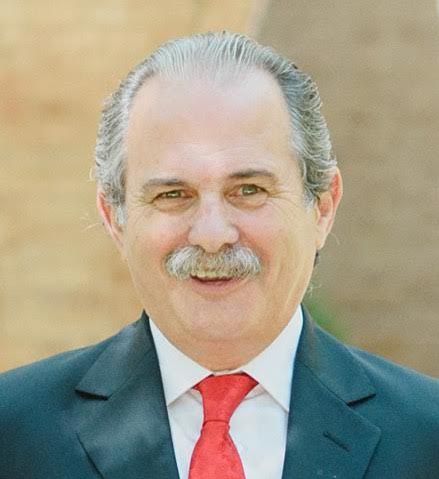
Vice – President
Alejo García Basalo, from Argentina, is an architect graduated from the University of Buenos Aires, with recognized expertise in the complex field of correctional architecture. Over his 44-year career, he has held prominent leadership roles, including Building Planning Chief at the Argentine Federal Prison Service and Project Coordinator in the Design and Construction Division of the Secretariat of Prison Infrastructure within the Ministry of Justice and Human Rights of Argentina. In these capacities, he was responsible for planning and designing numerous correctional facilities, contributing to the development of over 6,000 prison beds in Argentina and abroad. He also worked at the National Institute of Standardization of Argentina (IRAM), where he developed technical standards for prison construction.
In addition to his professional work, he has been active as an educator and researcher, as a professor of prison architecture at John F. Kennedy University in Buenos Aires and at the National Institute of Public Administration. In recent years, he has served as a consultant to the Argentine National Committee for the Prevention of Torture, playing a key role in drafting national architectural standards for prisons and detention centres.
Currently, he continues to lecture on the history and architecture of penitentiary systems and to provide expert consulting in the field. He has been a member of the IPPF since 2014 and serves as one of its Vice-Presidents for the 2022-2027 term.
In addition to his professional work, he has been active as an educator and researcher, as a professor of prison architecture at John F. Kennedy University in Buenos Aires and at the National
Additionally, he has been an educator and researcher, serving as a professor in Prison Architecture at John F. Kennedy University in Buenos Aires and at the National Institute of Public Administration. In recent years, I have acted as a consultant to the Argentinean Committee for the Prevention of Torture, where I played a key role in developing National Architectural Standards for Prisons and Jails.
Currently, he continues to lecture on penitentiary history and architecture and provide expert consulting on prison architecture.
Finally joined IPPF in 2014 and is Vice-President for the period 2022-2027.
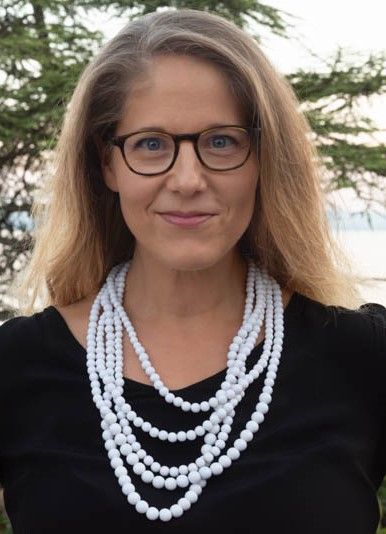
Treasurer
Véronique Erard Jaquier is a professor of victimology and legal psychology in Switzerland. She divides her time between the Universities of Neuchâtel and Lausanne, and the School of Health Sciences Fribourg. Trained in Switzerland (social psychology and criminology) and the United States (clinical and community psychology), she has been conducting research for over fifteen years on the health impacts of intimate partner and sexual violence against women. Her work focuses on how social and criminal justice institutions shape women’s narratives of violence and their life trajectories. This research is grounded in clinical practice within community-based settings, working with both victims and perpetrators of violence. Véronique has served as Treasurer of IPPF since the summer of 2022.
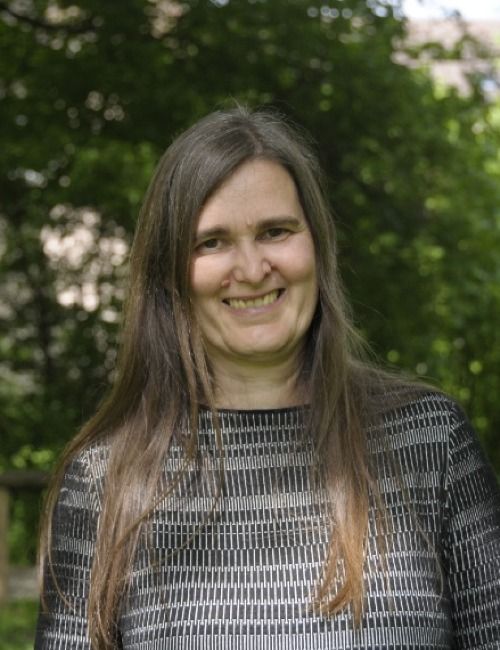
Vice-President
Rita Haverkamp is a German professor specializing in criminology, crime prevention, and risk management. She studied law at the Universities of Passau and Freiburg. She earned her doctorate in 2002 at the Albert-Ludwigs-Universität of Freiburg with a dissertation on electronically monitored house arrest and completed her habilitation in 2010 at the Ludwig-Maximilians-Universität in Munich, focusing on women in prison.
From 2008 to 2013, Rita served as a senior researcher at the former Max Planck Institute for Foreign and International Criminal Law. Since October 2013, she has held the Endowed Professorship for Crime Prevention and Risk Management at Eberhard Karls University of Tübingen.
Rita is actively involved in academic advisory boards, including the Scientific Advisory Board of the Criminological Research Institute of Lower Saxony and the Advisory Board of the Kriminologische Zentralstelle (KrimZ) in Wiesbaden. Her extensive research and publications address topics such as sentencing, migration and crime, human trafficking, urban security, and evidence-based crime prevention.
She assumed office as one of the Vice Presidents of the IPPF on February 14, 2025.